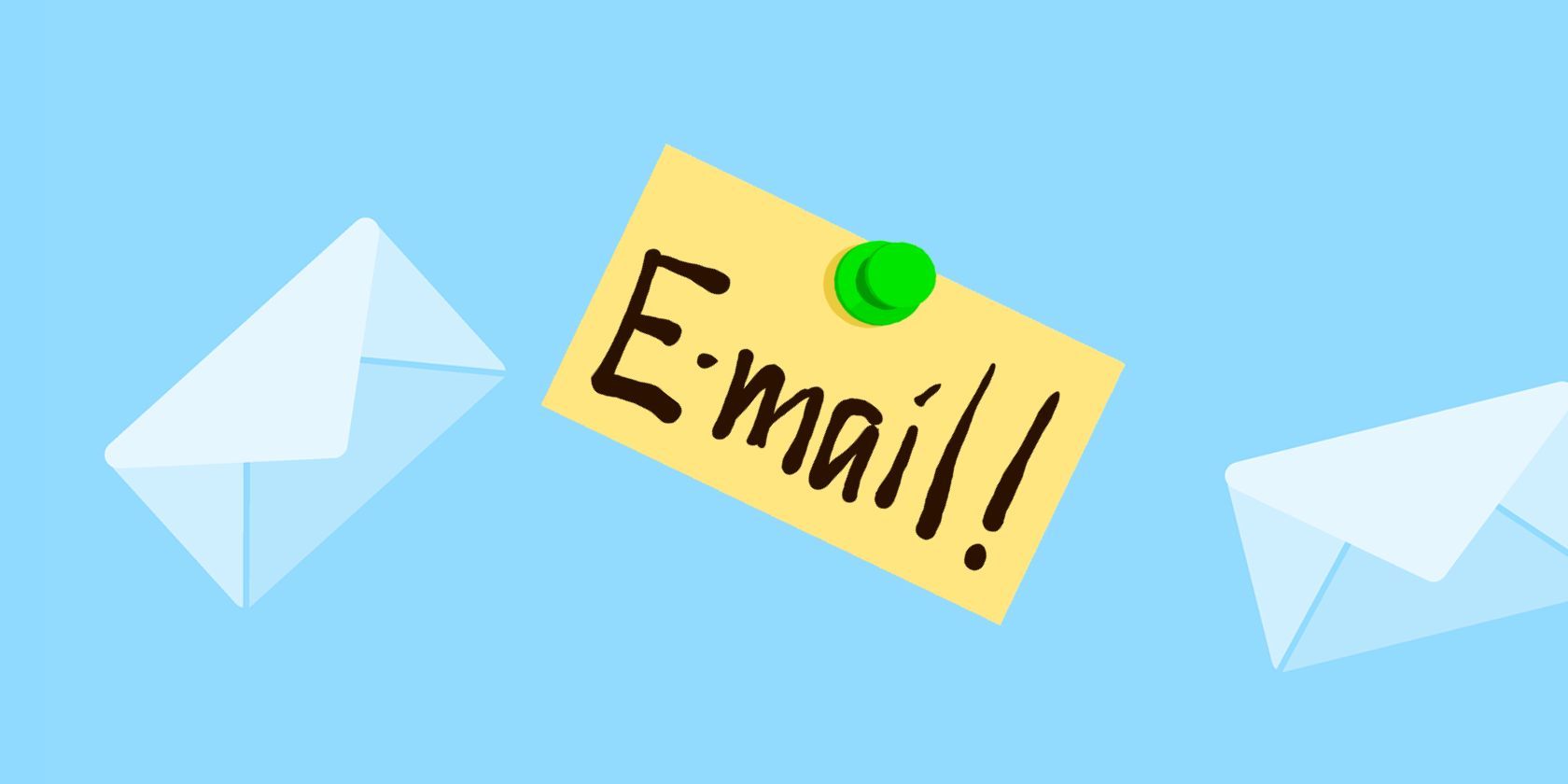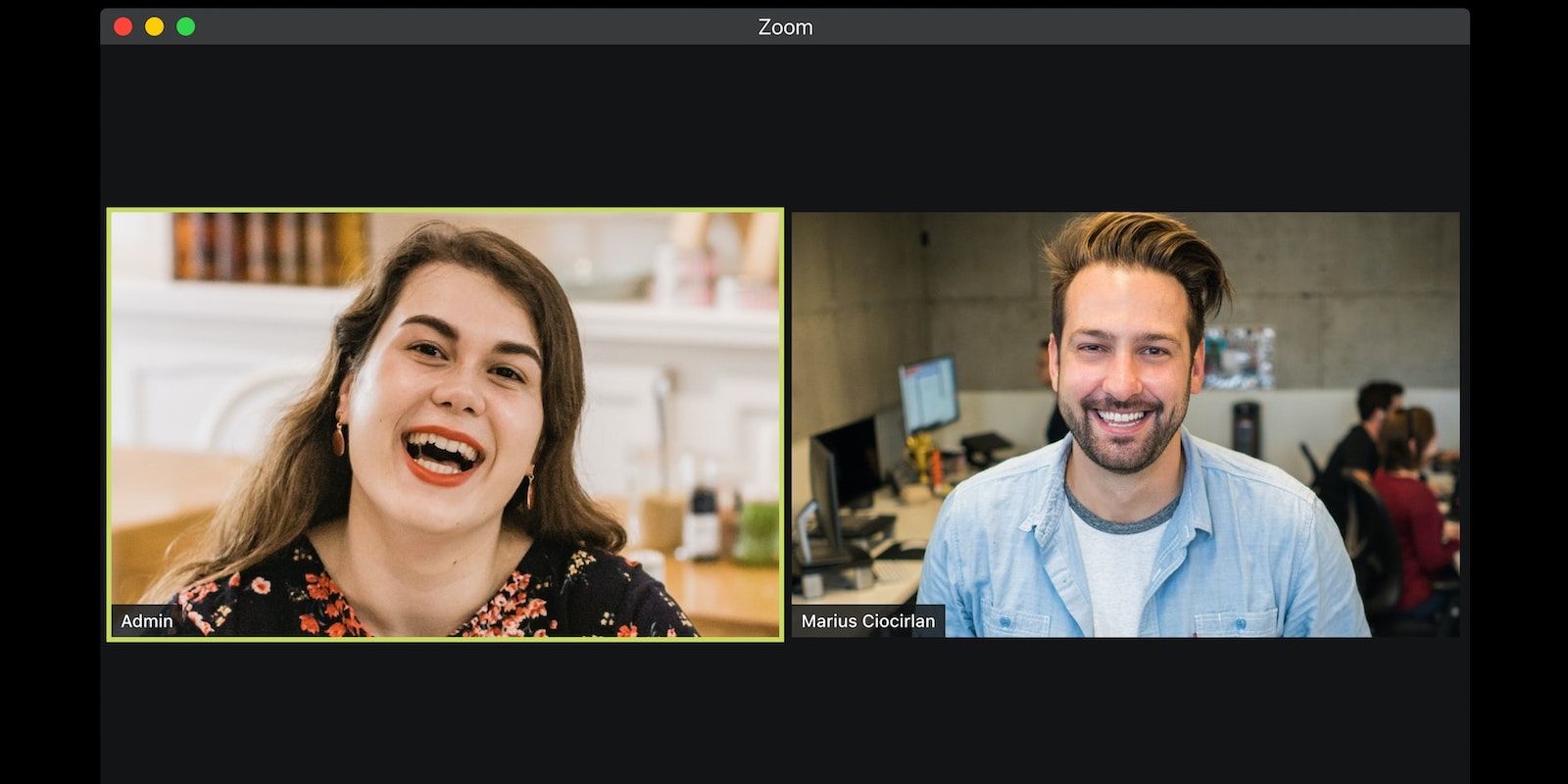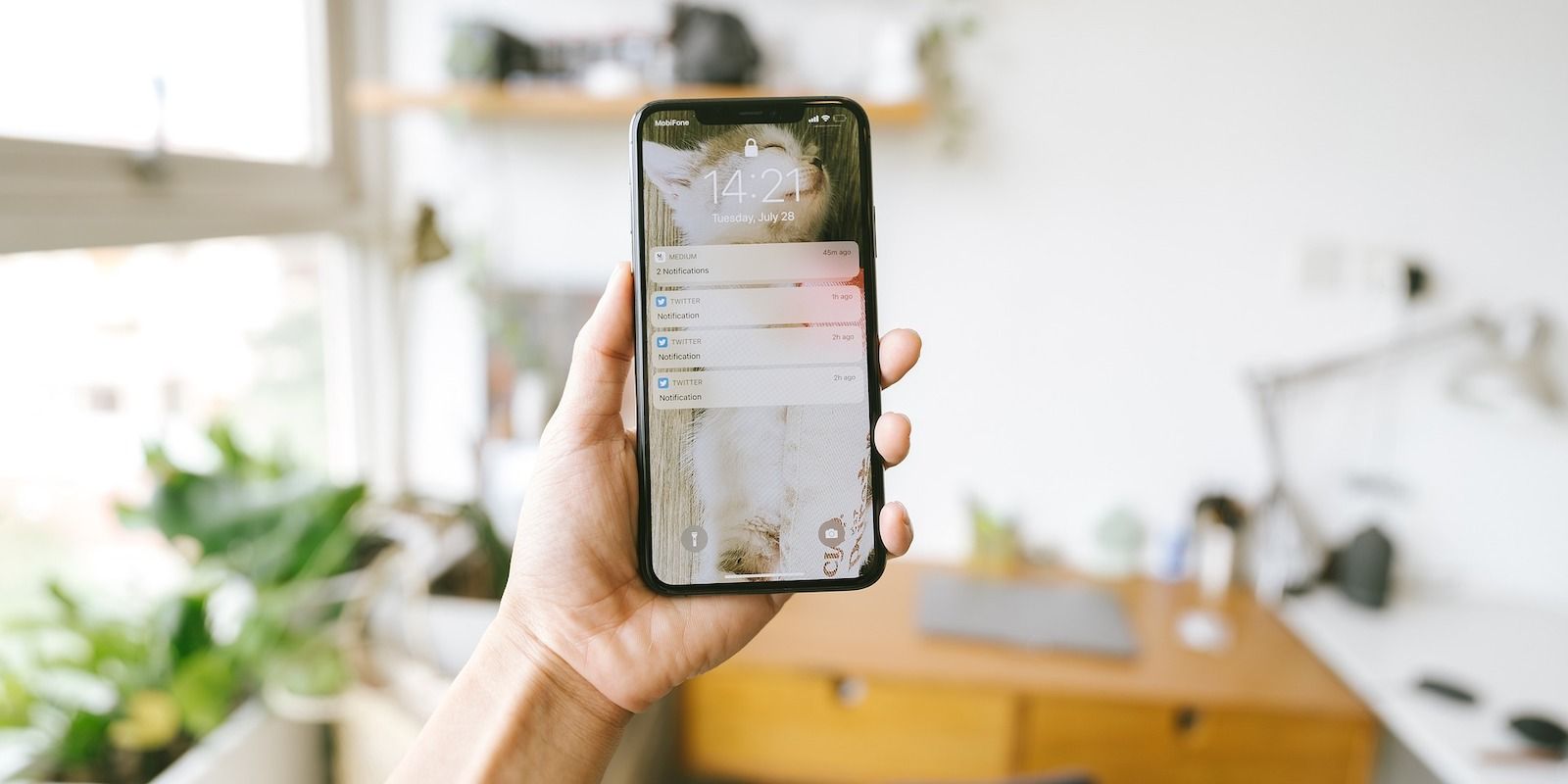Like most people, you probably sign off professional emails with the phrase: “I look forward to hearing from you.” Although convenient, consistently using the same line looks distant and generic.
Try changing the way you end your emails. Your recipients would appreciate it if you put more thought into your messages. In this article, we’ll share eleven professional, personable sign-offs so that you don’t keep repeating, “I look forward to hearing from you.”
1. “Please Send Your Feedback to Me by [Insert Date Here]”
Saying “I look forward to hearing from you” is vague and meek. It gives the recipient too much control, since they can typically reply whenever they want. The phrase might work for non-urgent concerns. But if you must assert dominance and avoid back-and-forth emails, steer the conversation by setting a deadline.
Try closing with “Please send your feedback to me by [insert date here].” A firm, definitive due date subtly nudges recipients to follow your schedule instead of theirs.
2. “Please Keep Me Posted on [Insert Project/Topic Here]”
If “I look forward to hearing from you” makes you appear too excited, try toning down the enthusiasm. Try “Please keep me posted on [insert project/topic here]” instead. It sounds relaxed yet authoritative.
The phrase best suits instances wherein you’ve already done your part and only wish to receive critical, relevant updates. Specify that you don’t want to be bothered with redundant information. Just watch your tone and avoid sounding arrogant.
3. “Always Happy to Hear From You”
Although welcoming, saying “I look forward to hearing from you” might sometimes feel too stiff. It sounds awkward in casual situations. If you’re warming up cold leads, addressing customer concerns, reaching out to prospects, or reconnecting with old business clients, you’ll need a less formal sign-off.
In these situations, try saying, “Always happy to hear from you.” It has an upbeat, friendly tone that elicits a positive response without compromising professionalism. Note that excessive enthusiasm makes you appear too familiar.
4. “Write Soon!”
Perhaps the most casual alternative to “I look forward to hearing from you” is “Write soon!” It’s cheerful and undemanding. Unlike the other sign-offs on this list, this open-ended phrase doesn’t require an immediate response.
Use “Write soon!” when talking to peers, cold leads, friends, and relatives. Just beware that it doesn’t create urgency, so most recipients might not reply to your email anymore. Prepare for this line to end the conversation.
5. “I Value Your Feedback, so Let Me Know What You Think!”
If you've recently sent an important business asset, sign off your email with “I value your feedback, so let me know what you think!” Chances are that your recipient will already edit your work. However, saying that you value their insights gives the impression that you take pride in your craft.
Of course, don’t expect to get 100% positive comments. Apart from asking for feedback, you should also know how to take bad performance reviews professionally. Never let your emotions get the best of you.
6. “I Await Your Immediate Response”
“I look forward to hearing from you,” asks for a response, but it doesn’t sound authoritative. If you need a firm, urgent sign-off, try “I await your immediate response.” It emphasizes the urgency of an immediate response without making you look aggressive or unprofessional.
With that said, it still evokes fear. If you’re in a position of authority, carefully choose when to use this phrase, or else your subordinates might misunderstand your urgency for hostility.
7. “We Should Discuss [Insert Project Details/Topic Here] via Call. Does [Insert Time and Date Here] Work for You?”
There’s rarely a definitive response to “I look forward to hearing from you.” Signing off with this line often leads to lengthy back and forth via email. You can’t use it for time-sensitive matters.
Instead, end your message with a proposal: “We should discuss [insert project details/topic here] via call. Does [insert time and date here] work for you?” It explicitly defines your goal. To further reduce back-and-forth emails, use appointment scheduling apps that let recipients book meeting slots themselves.
8. “Please Respond at Your Earliest Convenience”
The phrase “I look forward to hearing from you” isn’t demanding or aggressive. However, if you want an even less forward sign-off, try saying, “Please respond at your earliest convenience.”
You can use this email sign-off when working with professionals outside your time zone. The recipient will understand the need for their response, but they won’t get pressured into working past local office hours to accommodate your request.
9. “If You’re Not the Right Person for This Request, Would You Mind Connecting Me With Someone Who Can Help?”
Sending “I look forward to hearing from you” to the wrong contact person is embarrassing. Always find the right point of contact. If you doubt you’re messaging the correct individual/department, say: “If you’re not the right person for this request, would you mind connecting me with someone who can help?”
But keep in mind that this sign-off makes you sound unsure. Only use it after you’ve exhausted all your resources; otherwise, track down the correct contact person yourself.
10. “Let Me Know if [Insert Proposal Here] Works for You So That I Can Get Started Immediately”
The phrase “I look forward to hearing from you” sounds aloof. Although it asks for a response, it neither demands urgency nor shows enthusiasm—you might come off as distant. Using it with supervisors and high-priority clients is improper.
For a sign-off that demonstrates eagerness and zeal, try “Let me know if [insert proposal here] works for you so that I can get started immediately.” It’s firm, professional, and definitive. Also, include a link to your project management software so that clients can instantly assign and tick off tasks once they reach a decision.
Use Different Email Sign-Off Phrases to Improve Response Rates
Don’t get us wrong—you don’t have to stop signing off with the phrase, “I look forward to hearing from you.” altogether. You can still use it. Just make sure to vary the way you end your emails to avoid sounding robotic and impersonal. Generic messages rarely elicit a reaction, after all.
To further boost your response rates, consider reassessing the entire way you structure your messages. The sign-off is just one part of your email. You should also improve your subject line, email address, greetings, introduction, and email body.







